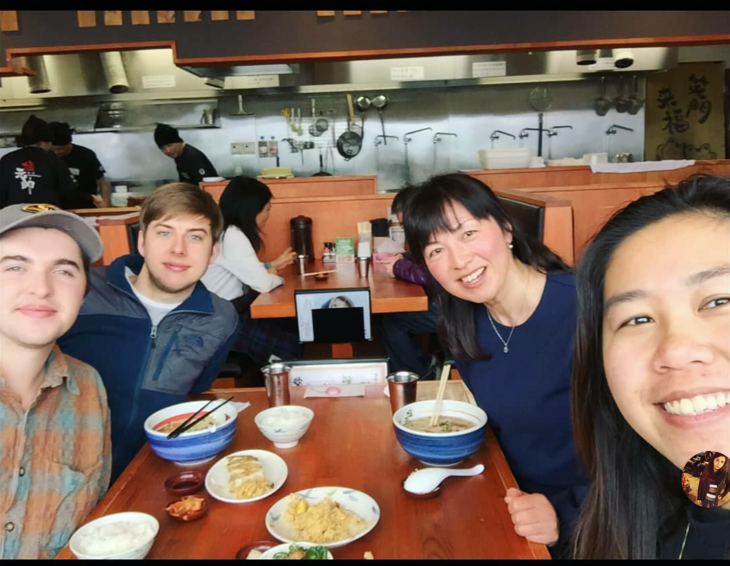
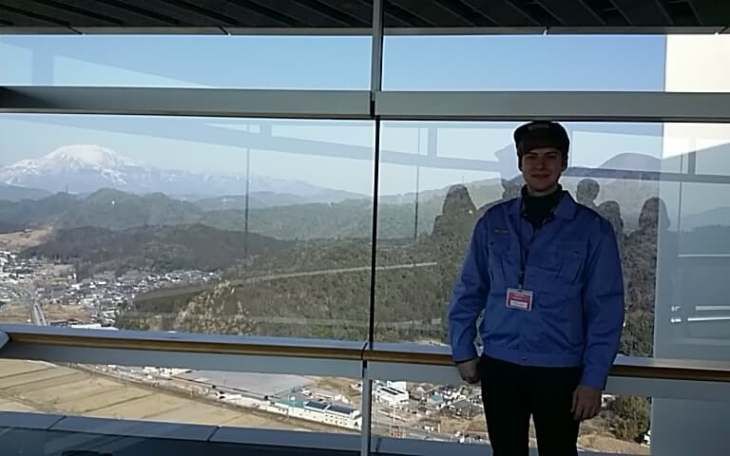
The teachers and staff at JCMU were very supportive, both in and out of the classroom. The language classes were appropriately assigned to each student’s skill level, and the teachers made sure that all of us were able to understand new concepts before moving on. Everyone at JCMU was very supportive of my LGBTQ+ identity. I really appreciated that the staff was willing to help if anybody needed support related to identifying as LGBTQ+. If you need hormone shots, they will tell you which places you can go. If you need testing, they informed you of the best doctors in the area.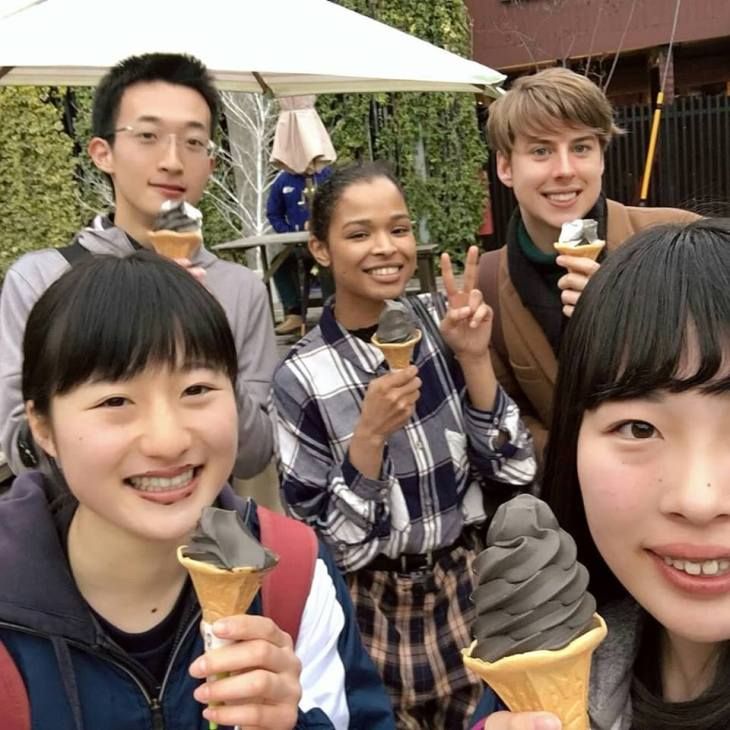
Taking classes at JCMU and working with the staff was only a portion of my time spent in Japan. I also participated in many activities outside of class, such as judo at Shiga University, a homestay in Nagahama, and even exploring Chikabushima Island in the middle of Lake Biwa. It was a great way to immerse myself in the local community firsthand.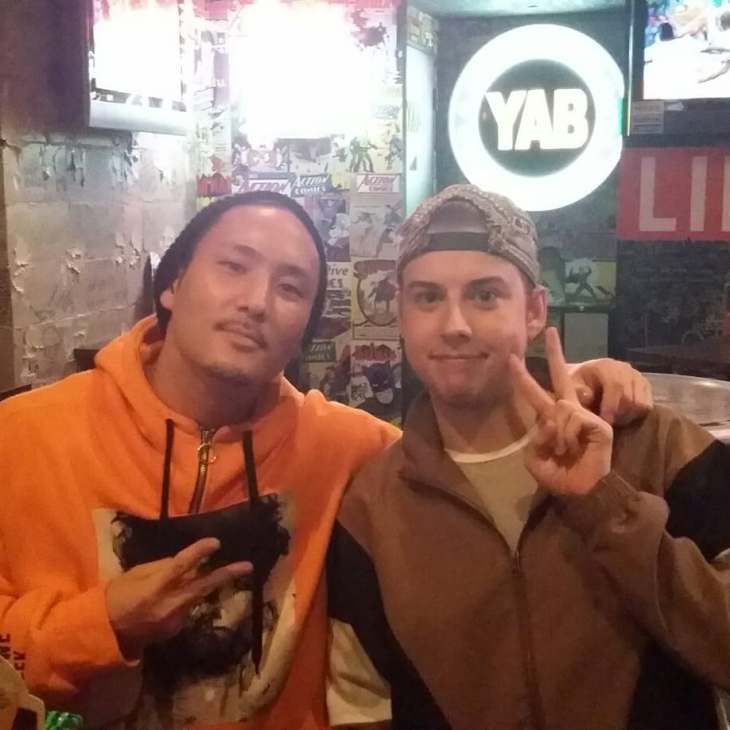
For the most part, identifying as LGBTQ+ didn't impact my life in Japan. I wasn't required to announce to the public how I identified, so unless appropriate I usually didn't tell people. I did open up to my fellow peers living in the JCMU dorms, and they were all understanding and accepting.
I found the Japanese citizens in Hikone and all of Japan to be somewhat less open minded. As a culture they will not judge you or retaliate, but you can sometimes experience relationships coming to a close as a result of being open. For example, I made some friends and when they asked me about some things I told them how I felt and suddenly they stopped talking to me.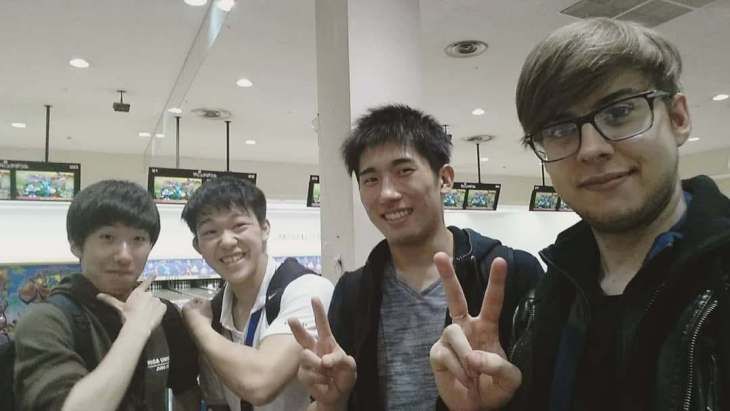
As sad as it is to say, there are a lot of people in Japan who cannot be open about their identity. I met a lot of people who were excited to talk to me about the LGBTQ+ community, as they felt they had little opportunity to be candid and true to themselves otherwise. I think as an American I felt comfortable being open myself at all times, and I think it was a good to show Japanese people that it is okay to be different.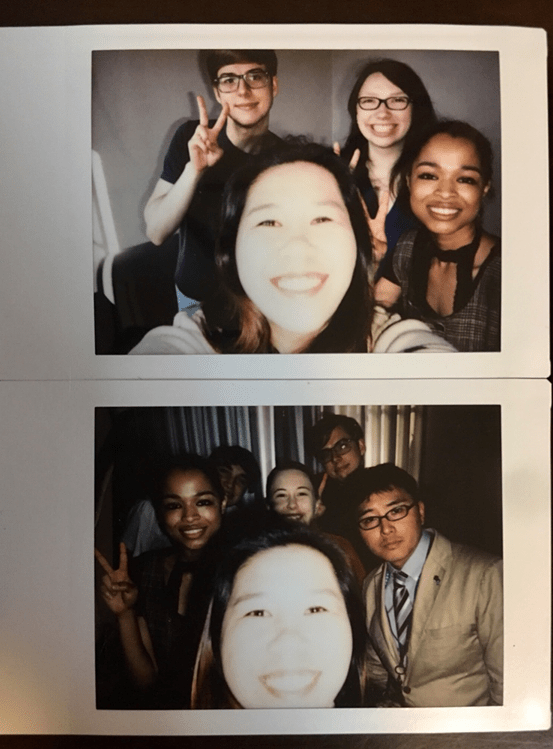
I will say that I was especially nervous about being open with my judo team. I was afraid that if I opened up to them, they would think I was weird or weak. I didn't want to compromise our practice situation, so I waited until the last day to open up to them. Happily, they weren't upset at all. It showed me that there are a lot of amazing, accepting people in Japan that would appreciate me for who I am regardless of how I identified.
My advice for future students is to not forget your roots. We come from a country that encourages individuality. Many Japanese people appreciate this as well. Don't pretend to be someone you are not in order to make friends. I was able to make some of the best friends in Japan because I was willing to be myself with them, and I know you will too.